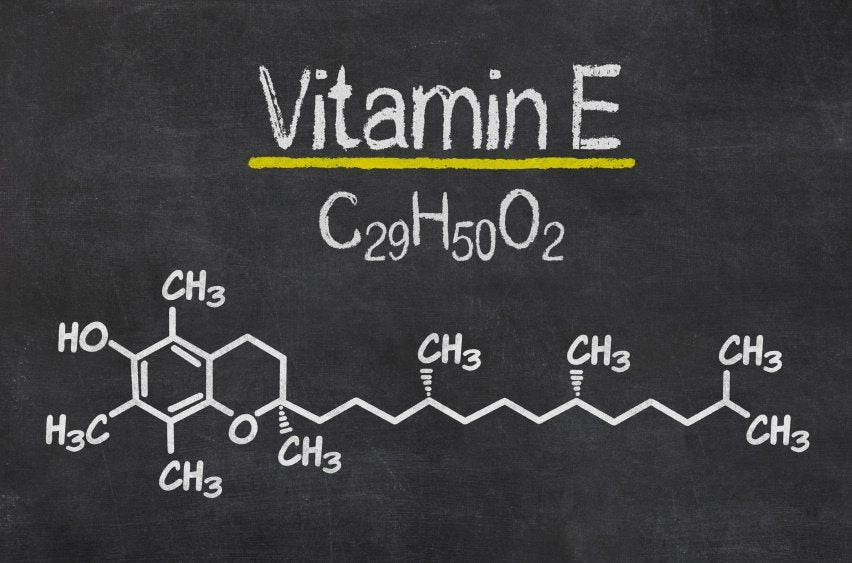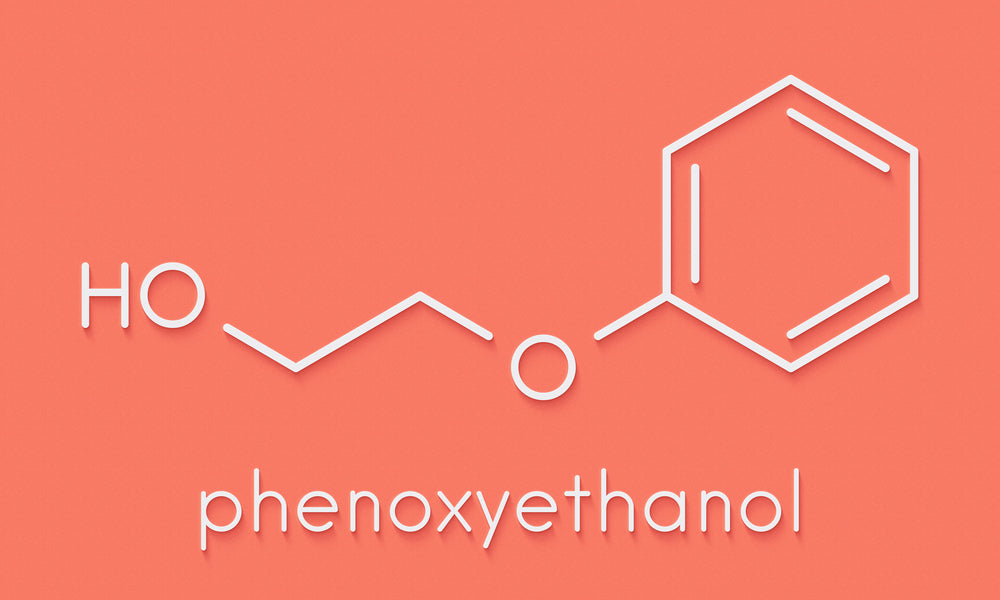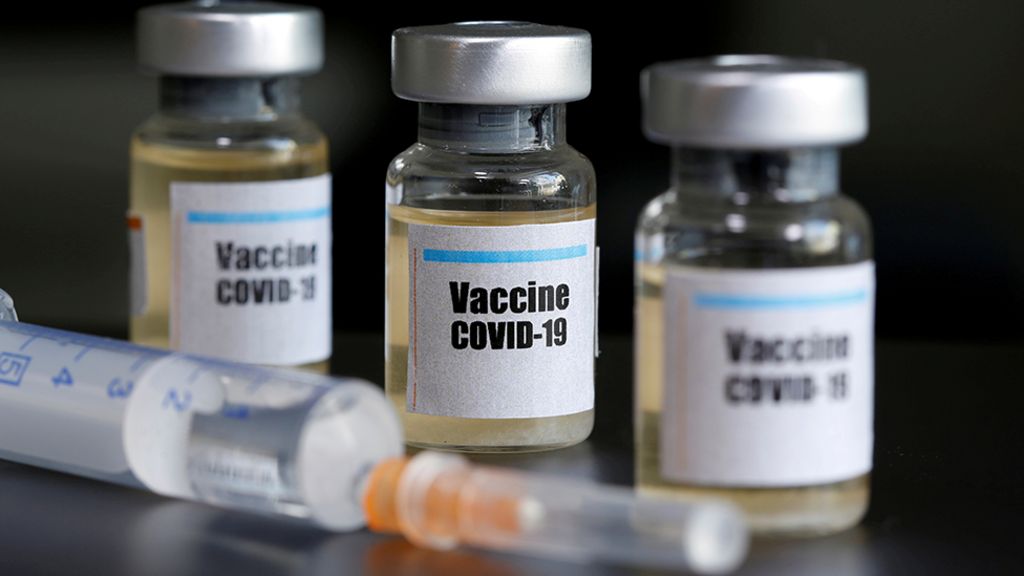
Vitamin E: Fact or Myth and what is that?
We Hear and See Vitamin E everywhere: in our food, oils, skincare, shampoo etc.
What is Vitamin E and its science-supported benefits?
Firstly, let’s look at where we can find Vitamin E and what the research says about it. According to NIH (national institute of health): Vitamin E is found naturally in some foods, sometimes added to others and is also available as a dietary supplement. Naturally occurring vitamin E exists in eight chemical forms (alpha-, beta-, gamma-, and delta-tocopherol and alpha-, beta-, gamma-, and delta-tocotrienol) that have varying levels of biological activity according to the NIH. Alpha- (or α-) tocopherol is the only form that is recognized to meet human requirements.
According to Healthline, Vitamin E is a fat-soluble, essential nutrient with anti-inflammatory properties. Vitamin E helps support many systems such as the immune system, cell function, and skin health. It’s an antioxidant, making it very effective at fighting the effects of free radicals produced by either inside your body (the metabolism of food) or outside your body (and toxins in the environment). They even mention that the Vitamin E may be beneficial at reducing UV damage to skin. There is some evidence that it may also be effective at reducing the symptoms of atopic dermatitis and fatty liver disease. Vitamin E, when taken orally, is even used to widen blood vessels, reducing the risk of blood clots.
There are many factors that may reduce natural Vitamin E levels in our bodies such as UV light and sun exposure reduce vitamin E levels in skin. Also, Vitamin E levels decrease with age. The good news is that vitamin E is available in many foods, in supplement form, and as an ingredient in products applied topically.
So it seems that Vitamin E is good for you. Do we try and get as much as we can of it?
Well, too much of anything is never good. The same applies to the amount of vitamin E you need daily and it is based on your age. According to the National Institutes of Health, teens, adults, and pregnant women should consume around 15 milligrams (mg) each day. And yes, even Breastfeeding women need around 19 milligrams. Also, infants, babies, and children require Vitamin E in their diet but much less and that will depend on the advise of your physician.
In general, if you live in areas where healthy food is available, you should get enough vitamin E from food. However, people with conditions that affect their ability to digest or absorb fat may need more vitamin E. Vitamin E is a fat soluble molecule. These conditions include (but not limited to) cystic fibrosis and Crohn’s disease.
But is Vitamin E just another hype to be used in Skincare?
Now, it is indeed clear that Vitamin E is needed in our body and we need it for our bodies to operate properly. However, is the use of Vitamin E in skincare just another fad? We see that Vitamin E is available in cream form and an oil form for topical use. It’s actually added to many cosmetic products, including anti-aging creams, eye serums, sunscreens, and makeup. According the Healthline, even though Vitamin E oil is very thick and hard to spread on skin, it can make an excellent moisturizer for dry, patchy areas of skin.
According to Medical News Today, there are 10 potential topical benefits of Vitamin E!
Scientifically, Vitamin E oil’s potential benefits derive from two key features:
- its antioxidant properties, which could fight inflammation and slow the effects of free radicals and
- its moisturizing properties.
1. Moisturizing skin
Vitamin E is found in many moisturizers, and the oil may be used as a moisturizer to prevent or treat dry, flaking skin.
2. Wound healing
Some research suggests that vitamin E supplements may promote wound healing. It is not yet confirmed but it may bepossible that topical vitamin E oil might offer similar benefits. More research is needed.
3. Skin cancer prevention
According to the Medical News Today: A 2013 study found that mice given supplements containing vitamin E were less likely to develop skin cancer, even when exposed to large quantities of ultraviolet light. These results prompted some supporters of vitamin E oil and supplements to claim that it can prevent skin cancer. However, studies on humans have not found any skin cancer prevention benefits associated with vitamin E. Therefore more research is needed.
4. Reducing skin itching. Vitamin E may help to reduce itchy skin and ease eczema.
Firstly, we need to disclaim that Vitamin E cannot treat allergic reactions, infections, and other issues that cause skin itching. However, because it moisturizes the skin, however, it may offer temporary relief from itching caused by dry skin.
5. Eczema
One study found that oral vitamin E supplements could produce significant improvements in eczema symptoms. Though vitamin E oil has not been well-studied in the treatment of eczema, it may increase the effectiveness of topical moisturizers. Vitamin E may alleviate the dryness, itching, and flaking associated with eczema, or atopic dermatitis. However more studies are needed.
6. Psoriasis
There is at least one study has linked topical vitamin E to a reduction in psoriasis symptoms. However, as expected, the effects of vitamin E on psoriasis were not as good as most readily available treatments.
7. Preventing or minimizing the appearance of scars
Well, the evidence is divided. Namely, in one older study from 1999, almost one-third of participants had an allergic reaction to topical vitamin E, suggesting the oil is more likely to make scarring worse rather than prevent it. A more recent literature review however found that evidence about whether vitamin E improved or worsened scarring was inconclusive. Research does suggest that well-moisturized skin is less likely to scar.
8. Preventing or treating fine lines and wrinkles
It is well know, that the Dry skin tends to look more wrinkled than well-moisturized skin. Therefore, the moisturizing benefits of vitamin E oil may help the skin look more youthful and less wrinkled. However, multiple claims that vitamin E prevents or treats wrinkles, however, are unsupported by scientific evidence. We always suggest that the best strategy for preventing wrinkles is to avoid direct sunlight (for too long) and to wear a good sunscreen.
9. Sunburn prevention. Vitamin E may help to reduce the risk of sunburn.
According to Medical News today, there is very limited research that suggests that vitamin E can prevent or reduce the formation of sunburns. However, because vitamin E oil can moisturize and soothe dry, flaky skin, it may be able to help to relieve the burning and itching that result from a sunburn.
10. Promoting nail health
Research suggests that vitamin E supplementation can prevent yellow nail syndrome, which causes peeling, cracked, and yellowing nails. Even though, not proven Vitamin E oil’s moisturizing benefits may also support nail health by preventing cracked cuticles and dry skin around the nail bed.
What are the concerning Side Effects of Vitamin E on your skin?
In short, according to WebMD, that when applied to the skin: Vitamin E is LIKELY SAFE for most healthy people when applied to the skin. While rare, applying vitamin E to the skin has caused itching and swelling in some people.
In regards to the taking supplements orally:
According to Mayo Clinic, Use of vitamin E orally can interact with many conditions. For example, research suggests that oral use of vitamin E may increase the risk of prostate cancer. Taking vitamin E supplements may interfere with some cholesterol-lowering medications. It may also reduce the effectiveness of chemotherapy and radiation treatments for cancer. Vitamin E supplements can also interact with warfarin (Coumadin), a drug prescribed for preventing blood clotting. Always, talk to your doctor about your use of vitamin E supplements prior to taking them.
EpiLynx’s Verdict on use of Vitamin E in the skincare and cosmetics:
After having reviewed the evidence and scientific literature, we deem it to be safe to be used in skincare and cosmetics! Claiming the 10 benefits as stated above is not advisable since most of the do not have any scientific evidence behind them but we agree on Vitamin E moisturizing and antioxidant properties.





Leave a comment
This site is protected by hCaptcha and the hCaptcha Privacy Policy and Terms of Service apply.